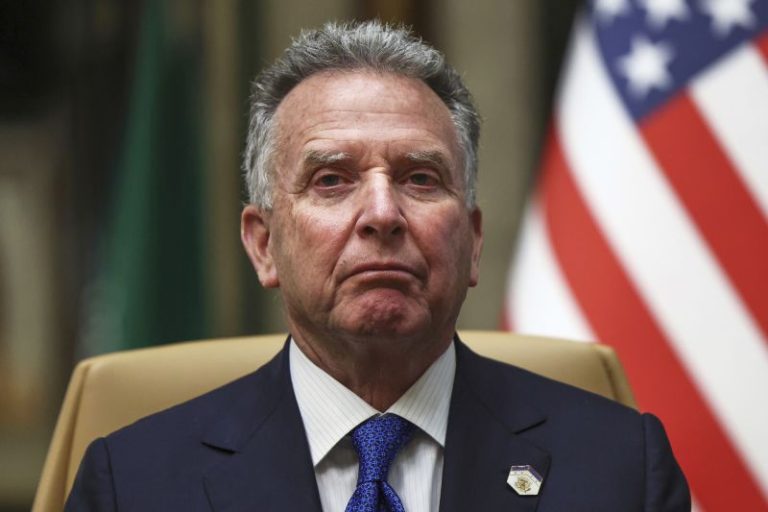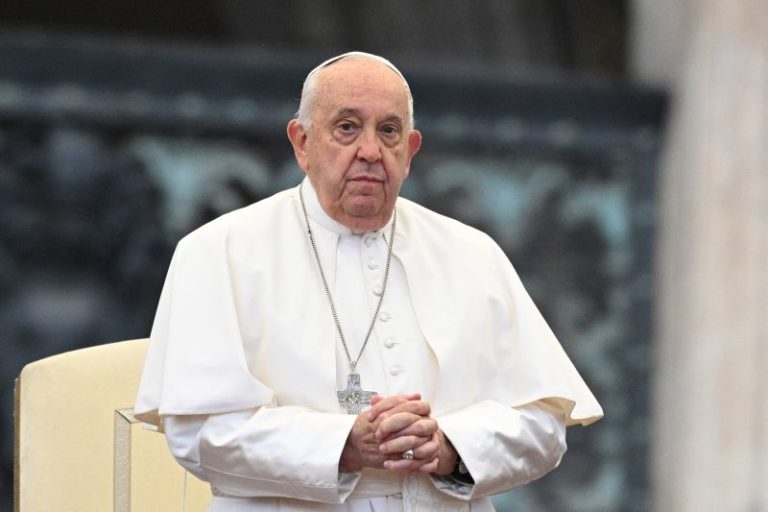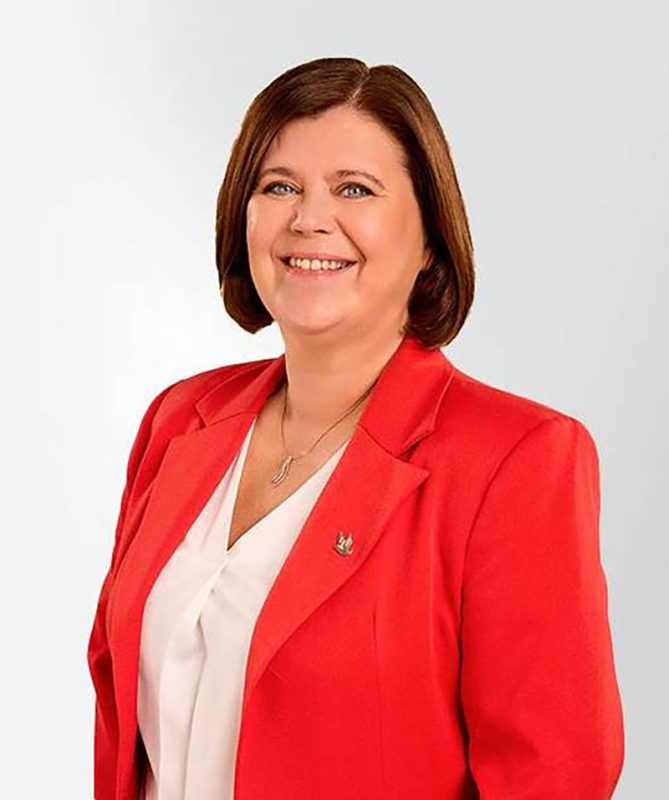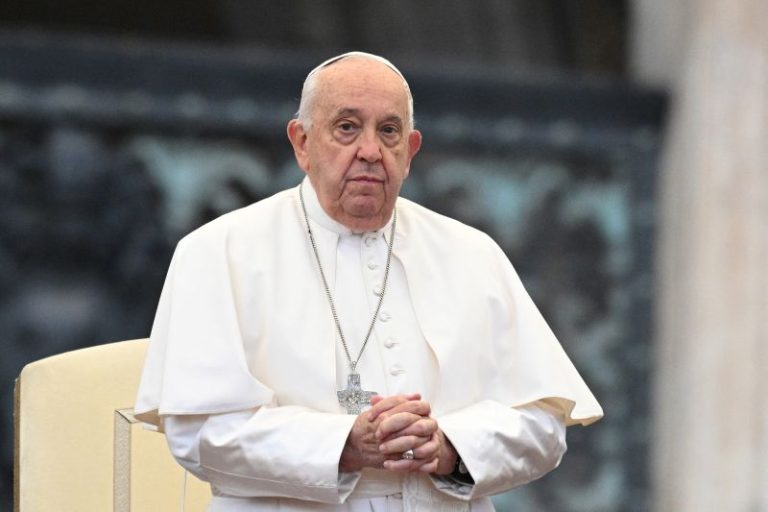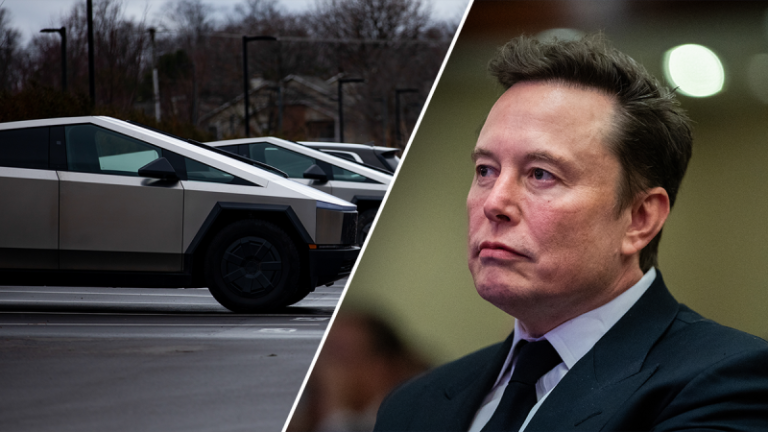Raucous, lightning-paced and brimming with eye-catching fan costumes, the Hong Kong Rugby Sevens is like no other sporting spectacle.
Each spring since 1982, for one rowdy weekend, Hong Kong Stadium – nestled among skyscrapers and lush jungle, and just a lofted drop-kick from the city’s fabled nightlife – has transformed into the Asian financial hub’s biggest and wildest party.
Rugby enthusiasts from all over the world make the pilgrimage to the Hong Kong tournament, the jewel in the crown of the World Rugby Sevens Series circuit – which showcases the shorter, faster and higher-octane version of the traditional 15-a-side game.
It draws teams from rugby powerhouses such as New Zealand, South Africa and Fiji, yet the appeal is never just about the sport. With its carnival atmosphere and legendary party spirit, the three-day event joins other Asian showpieces such as the Singapore Grand Prix and Australian Open in drawing tourists and business travelers alike.
“It’s probably the most fun event that Hong Kong does throughout the year. It’s where everyone comes to party,” said Bill Coker, a 33-year-old teacher and Sevens regular.
This year, however, the revelry will unfold against a very different backdrop.
After more than four decades in the heart of Hong Kong Island, the Sevens is moving across the harbor into a flashy new home on the city’s Kowloon peninsula: a shimmering, 50,000-seat stadium in the brand-new Kai Tak Sports Park.
Officially opened this month, and due to host rock band Coldplay for four nights in April, the sprawling waterfront complex is part of Hong Kong’s bid to reclaim its status as Asia’s premier destination for mega-events, after losing out to rival cities like Singapore and Tokyo in attracting some of the world’s biggest stars.
The nearly $4 billion project is central to Hong Kong’s efforts to revive its economy and international image, following years of stringent pandemic restrictions and a sweeping national security crackdown that fueled an exodus of foreign workers, local professionals and global companies.
John Lee, the city’s leader, hailed the new venue as “a state-of-the-art new stage of Hong Kong.” “Like this very stadium’s retractable roof, the sky is the limit,” he declared at a star-studded opening ceremony.
The new stadium is significantly more spacious, glamorous and high-tech than its dated predecessor, boasting spectacular views of Victoria Harbor and the city’s skyline. Yet, it also sits further from downtown.
While many fans and players are excited about the new venue – designed specifically to enhance the rugby experience – one lingering question remains: Can it preserve the party spirit that has long defined the Hong Kong Sevens?
“Everyone knows that the bar’s going to be pretty high to get that aura it’s created over the years. It’s about whether that aura is passed on from the old stadium,” said former New Zealand captain and sevens Hall of Famer DJ Forbes. “I’m sure everyone – the South Stand in particular – will be doing their best to make the players feel that vibe and energy. It will be interesting to see how it pans out.”
Sitting on the former site of Hong Kong’s iconic old airport, the Kai Tak Stadium shimmers with shades from blue and purple to silver depending on the angles, thanks to a facade of 27,000 self-cleaning aluminum panels.
With its retractable roof, configurable seating and adaptable pitch – which will be stored in the neighboring mainland Chinese city of Shenzhen when not in use – the stadium can accommodate a wide range of sports and entertainment events. Yet, at its core, it was purpose-built for rugby, with the goal of heightening the intense, electric atmosphere that defines the Sevens, said Paul Henry, a senior principal at Populous, the architecture firm behind the sports park.
“We’ve designed more rugby stadiums than anyone else in the world, and the most important thing with rugby is: how close can we get everyone to the action on the field?” Henry said.
To achieve this, the design team optimized the geometry of the stadium, giving each seat enough space while wrapping them as tightly around the pitch as possible. “What that translates to is great noise, great atmosphere, and that’s what matters,” he said. (The seats also come with individual air-conditioning outlets underneath, a welcome relief during Hong Kong’s unforgiving summers.)
Another way to intensify the audience experience is by containing and amplifying crowd noise. The stadium’s retractable roof – which can open and close fully within 30 minutes – is engineered with the highest level of acoustic insulation the firm has ever incorporated. “As soon as you close the roof, the noise stays in, and the atmosphere just gets elevated,” Henry said.
“The atmosphere is going to be crazy,” said Cado Lee, one of Hong Kong’s most experienced men’s players, after touring the stadium. “I think it’ll all hit us when we run out onto the field and see everyone in the packed stands.”
The players were equally impressed by the stadium’s 20 changing rooms each equipped with physiotherapy facilities and video analysis tools.
For the new stadium’s designers, the trick to replicating the party spirit of past Sevens tournaments hinged on faithfully recreating the infamous South Stand – a designated zone for hardcore revelers at the old stadium.
There, spectators competed to outdo one another with outrageous costumes and copious amounts of booze. Sudden showers of beer, cider, and other mysterious fluids became as integral to the vibe as the deafening roar of the crowd. At night, after the final whistle was blown, thousands of jubilant fans poured into the streets, heading toward the city’s bars to continue the debauchery, sometimes till dawn.
Even the players couldn’t resist the infectious energy. “It’s definitely more of a party – with some rugby involved,” said Christy Cheng, former captain for the Hong Kong Women’s Sevens.
At the Kai Tak Stadium, the new South Stand features the exact same seating capacity and nearly identical entrance ways. But instead of the familiar green hillside backdrop of the old open-air stadium, the new South Stand is framed by a sweeping glass curtain wall that offers panoramic views of the harbor and the Hong Kong skyline.
It is against this towering vista that bands, including the UK’s Kaiser Chiefs, will take the stage in between the matches, on a vast terrace just above the stand. Bridging the North and South stands is a 100-meter-long drinks service station dubbed “Asia’s longest bar,” designed to ease the notoriously long queues as fans scramble for top-ups between games.
“It will be familiar, but it will be amplified so much more,” Henry said of the new party vibe.
For some, that promise remains the Sevens’ biggest allure. “I only ever go to the South Stand,” said Dalton Huskins, who has been five times. “In all honesty, I’m not a huge rugby fan, but when the Sevens comes around, I’m like: I can take an interest in rugby for a few days,” said the 32-year-old, who plans to show up this year dressed as a “sexy farmer.”
Local hero Salom Yiu, Hong Kong’s longest-serving Rugby Sevens player, relishes what will be a rare experience as a spectator after his emotional retirement from the sport at last year’s edition.
“I’ve actually never been to the South Stand in my life, even after 14 years of competing in this tournament, so this time will be my first. I really want to feel the party spirit,” he said.
James Farndon, chief executive of Hong Kong China Rugby, the event’s main organizer, said he expected “all of the traditions and atmosphere of the Sevens to not just continue but to be amplified by the state-of-the-art venue at Kai Tak.”
“At the same time we are also very excited to see what new traditions are created by the fans inside the stadium this year.”
For many fans and players alike, the Sevens isn’t just about what happens on the field – it’s also about what comes after. The post-match revelry has long been a big part of the tournament’s charm.
Coker, the teacher and a South Stand regular, recalled how the shared journey from the stadium to bars in the nearby Wan Chai district was an experience in itself. “It was really nice because you had thousands of people walking out of the stadium together. Everyone was singing, everyone was in good spirits, and they were all going towards Wan Chai,” he said.
Players felt the same way. “At the previous stadium, we could go straight to the party districts easily. But here, how will they make up for it?” wondered Yiu, the local Sevens legend.
The 28-hectare sports park, which includes a mall and a hotel, boasts dozens of restaurants popular with local families and friends on weekends, yet few can rival the high-energy, late-night revelry of the downtown bar strips.
To add to the festive spirit, pop-up food and beer stalls will line the “fan village,” an outdoor space just outside the stadium, during the tournament. But with a closing time of 11 p.m., they may wind down just as the night is getting started for diehard revelers.
Nevertheless, with or without the after-party, this year’s Sevens is set to carry forward a nearly half-century-old tradition.
“The Sevens is one of the reasons why rugby is so big in Hong Kong. People you meet from back home fly in for it, because everyone has heard about it,” said Luke Linssner, who has been playing rugby since he was nine.
For Cheng, the former captain, the Hong Kong Sevens will always hold a special place – with its sea of costumes and unmatched sense of fun.
“That’s what sports is all about – to be able to bring people together and create that magical atmosphere together,” she said. “I really look forward to making new memories.”
This post appeared first on cnn.com

